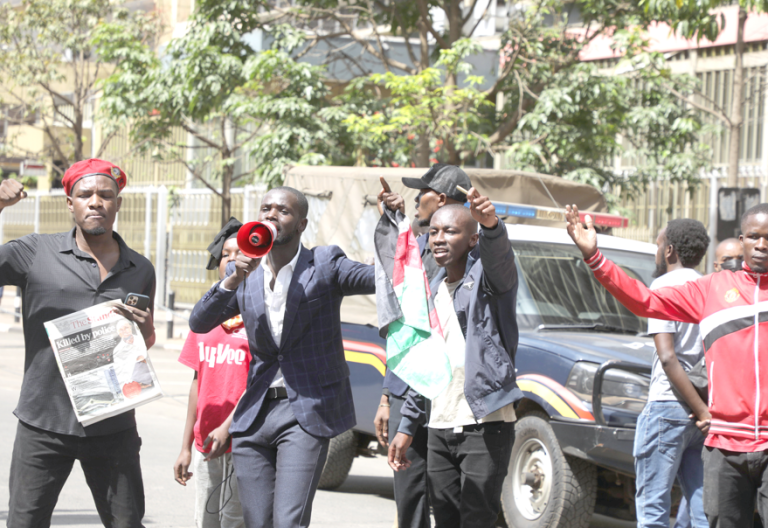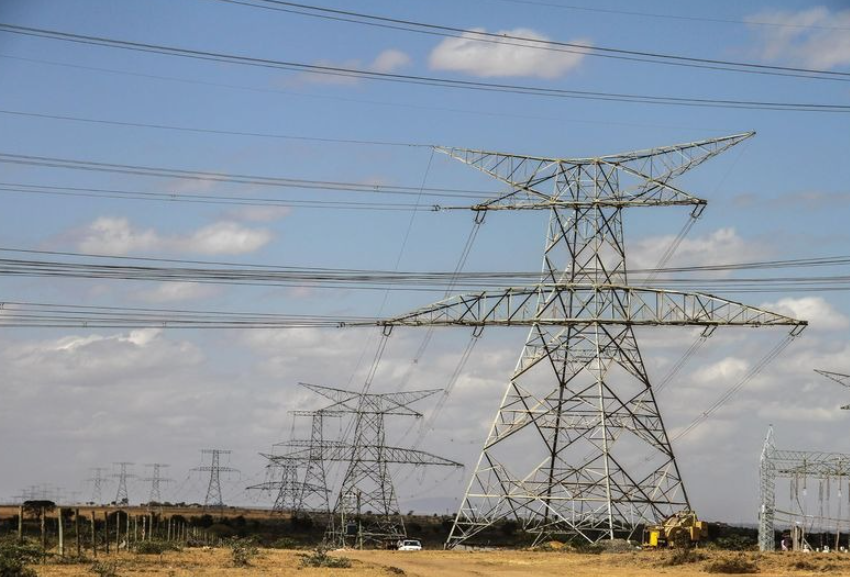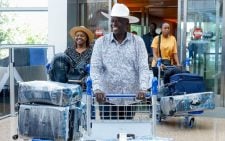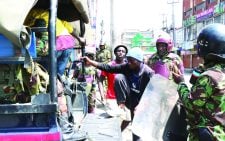Leaders missed chance to defuse street anger

The President is the nation’s mourner-in-chief. This demonstrates that he feels the heartbeat of his people and proves that the Chief Executive is human, empathetic, and caring.
When George Floyd was murdered by the police in the then Democratic Party presidential contender, Joe Biden, met the family and mourned: “We’ve got to deal with the denial of the promise of this nation to so many people for so long. I know the deep hole in your hearts when you bury a piece of your soul deep in this Earth,” he said. “I’ve watched with awe as you summon the absolute courage to channel God’s grace and show the good man George was. To stir justice too long dormant and to move millions to act peacefully and purposefully,” he said.
It is what leaders do: reach out with words, touch the hearts of those who mourn, and demonstrate their humanity, and that they, too, are touched by the pain of others.
In South Africa, when Chris Hani was murdered, the nation was on edge. The then yet-to-be president, Nelson Mandela, knew that somehow the nation looked up to his moral authority, and how he would respond to the death of this freedom fighter would determine the trajectory of his country. “Unforgivable crime has been committed”, Mandela said. “We are a nation deeply wounded by callous, uncaring men who plot such heinous crimes with impunity. The cries of our nation are heard from old men who bury their sons and daughters, wives who weep for their husbands, communities who endlessly bury young and old, infants and pregnant women. This killing must stop”.
Many historians credit Mandela’s statement with defusing what could have become a volatile situation. “Our pain and anger is real. Yet we must not permit ourselves to be provoked by those who seek to deny us the very freedom Chris Hani gave his life for. Let us respond with dignity and in a disciplined fashion,” Mandela said.
Our nation has been burying its youth for far too long. Even by the standards of our country, which is prone to disappearances and murder, the death of Albert Ojwang is particularly painful. The question raised in the initial stages was the extent of leadership’s connection to the suffering of the nation. The leadership remained calm and silent as crowds poured onto the streets to express their grief.
Our country’s leadership is inundated with advisers in nearly every conceivable area. Yet, three days after the autopsy report was released indicating that Ojwang, the young teacher from Homa Bay, had been murdered, there was still not a word to express empathy or to connect with the family and the nation.
The presidency, the Ministry of Interior, and the national coordination were quiet. The governor released a measured statement days after the fact, while the leader of the opposition’s statement was three days away. The President would speak later.
Imagine the difference it could have made had the President led the nation in mourning for Ojwang; had the Deputy President taken a moment from field visits to demonstrate more humanity and say a few kind words; had the minister for Interior acknowledged the misstep and held his officers accountable. This would exemplify leadership aimed at defusing street anger. The mourning traditionally reserved for the rich and famous should be equally extended to the less fortunate.
The writer is the Dean of Daystar University’s School of Communication.














